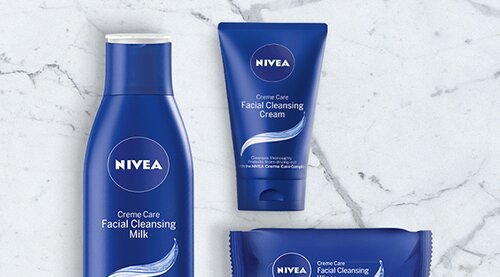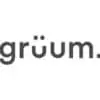- This post may contain affiliate links which - at no cost to you - may generate a small fee for us. It helps us research and review products more effectively
Nivea – one of the world’s biggest skincare brands – is neither cruelty-free nor vegan. The brand sells products in countries where animal testing can be mandated by law and uses animal byproducts as ingredients.
Is Nivea Cruelty-Free?
Nivea is not cruelty-free. They continue to sell their products in mainland China where, by law, products are liable to be tested on animals at any time. In pre or post-production.
Nivea Ethical Overview

- No Nivea aren’t cruelty-free
- Yes it sells in mainland China
- No Nivea isn’t vegan
- And is owned by Beiersdorf
Do Nivea Sell products in China?
Yes Nivea sells products in mainland China.
This means that they are, at best, an accomplice to testing vanity products on animals.
So even though these brands can stand behind Chinese authorities, ultimately the brand in question – Nivea – pay for these tests to be completed.
So they’re complicit. Even if China’s animal testing policy has changed.
Is Nivea Vegan?
No Nivea cannot be classified as a vegan brand as some of their products contain animal-derived ingredients.
And whilst they do have some vegan products (shower creams and cleansers primarily), they are not a vegan approved brand.
Cruelty-Free Alternatives to Nivea
FAQs
Beiersdorf – a German global skincare company most famous for Nivea, but who have a host of other brands attributed to them.
No Nivea is not certified cruelty-free by any animal welfare organisations. Accredited or otherwise.
No Nivea isn’t Leaping Bunny certified as the brand isn’t cruelty-free.
The majority of Nivea products are vegetarian, however they do use glycerin – which we believe is all plant-based but double check.
We haven’t found and uses of cholestrol or other animal-fat based products, but please do double check.
Like the majority of companies Beiersdorf don’t test on animals themselves. But where it’s required by law they allow third parties to test their products on animals.
This is a shame because they claim to have:
– Been one of the pioneers of researching alternative methods to animal testing over the last 35 years
– Developed the world’s first officially approved test (1992) that doesn’t include animals
– And they are an active member of the European Society of Toxicology in Vitro


